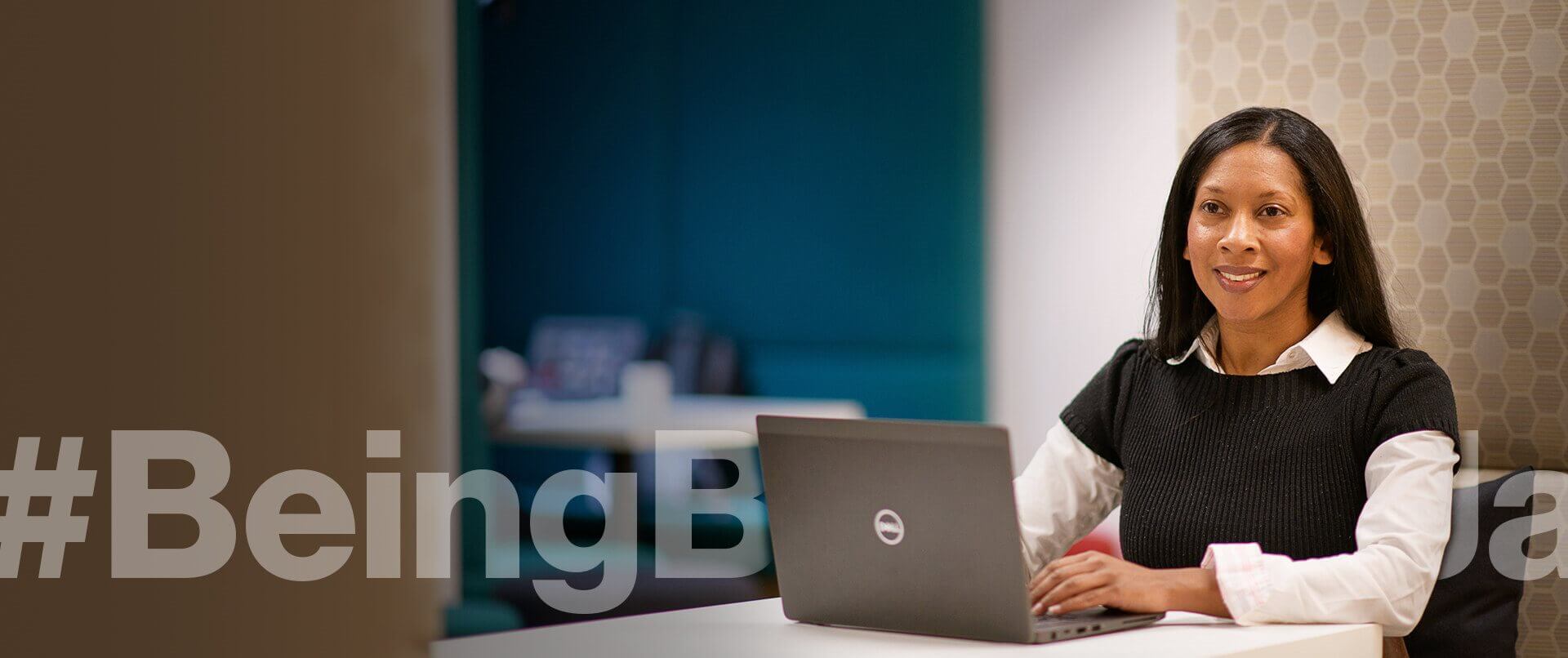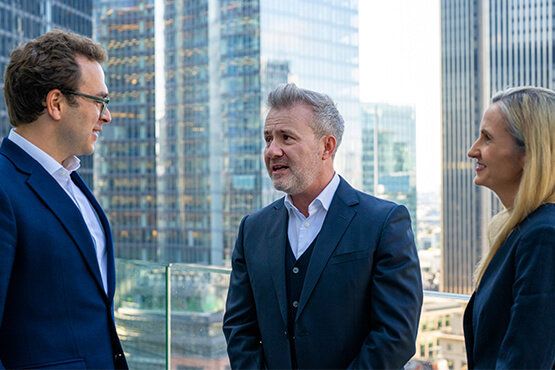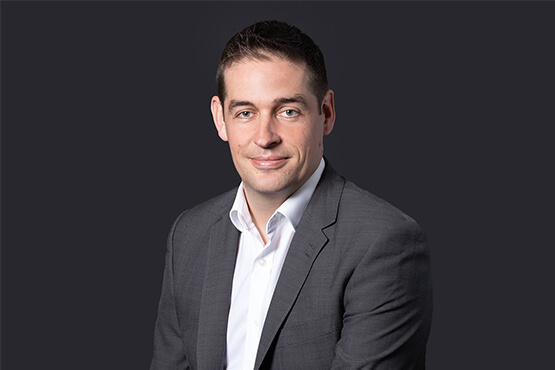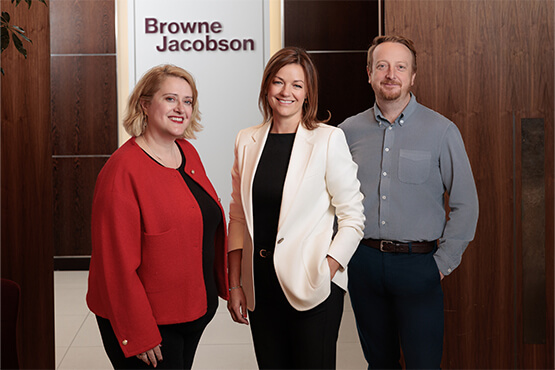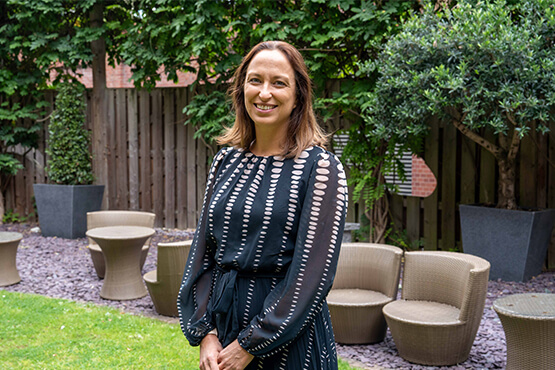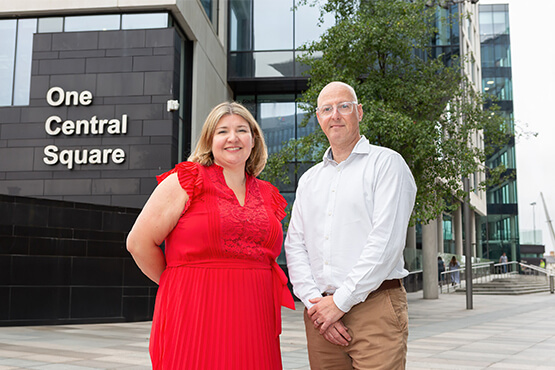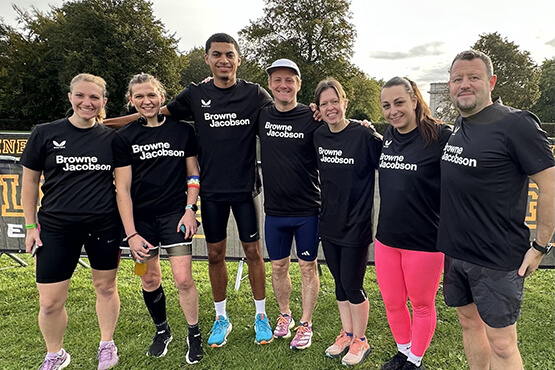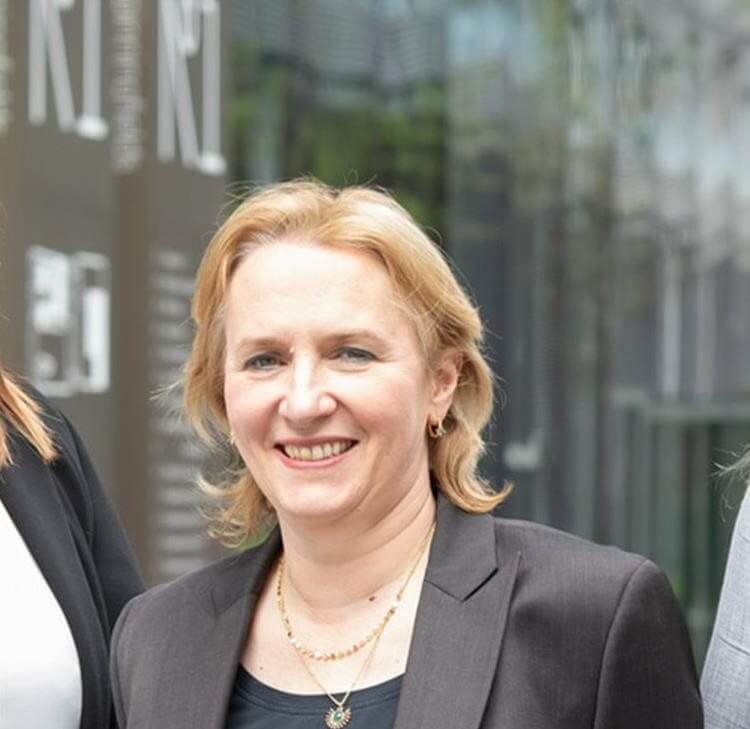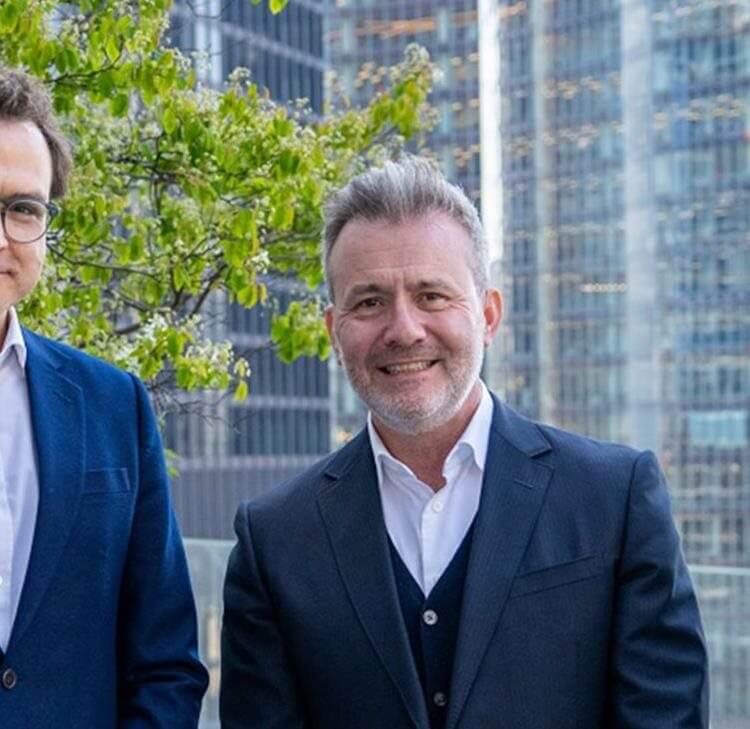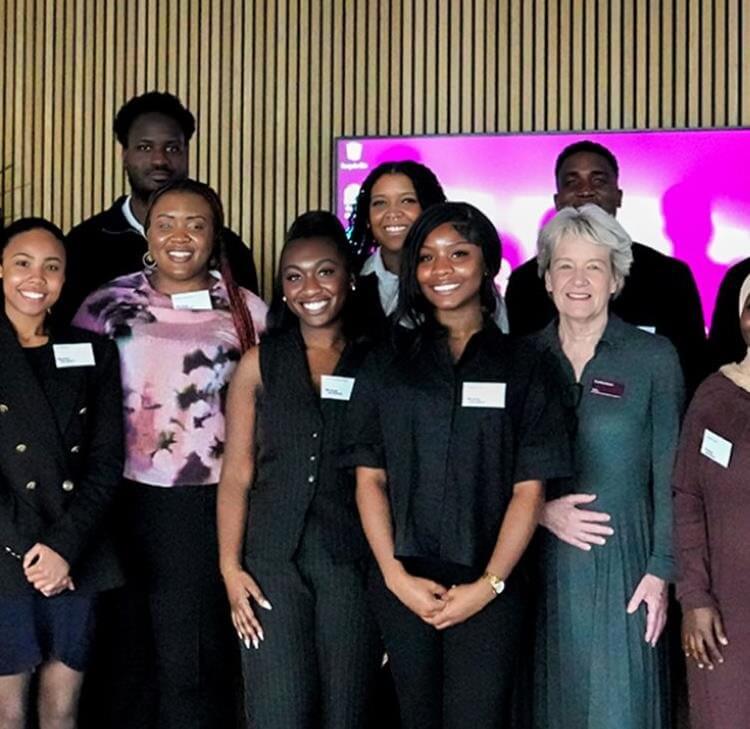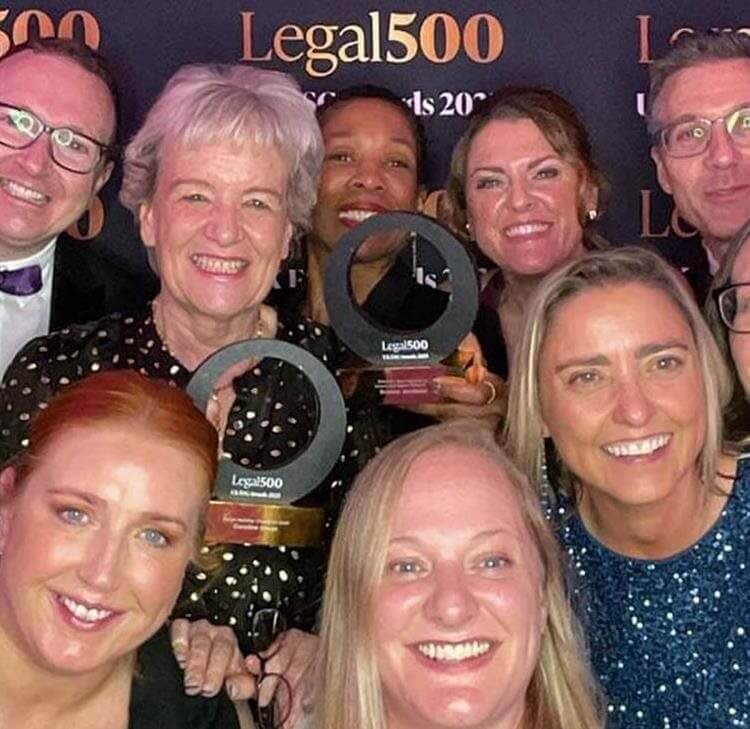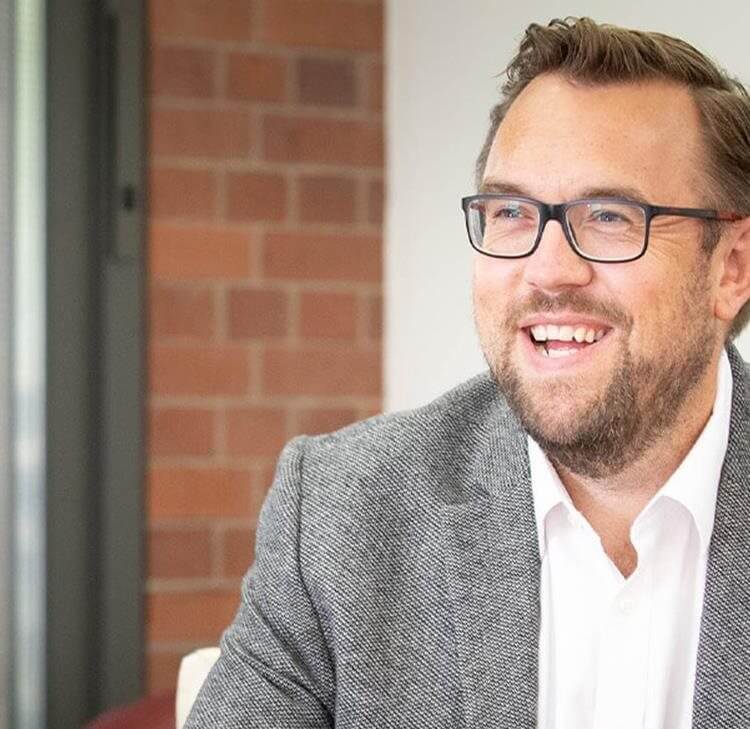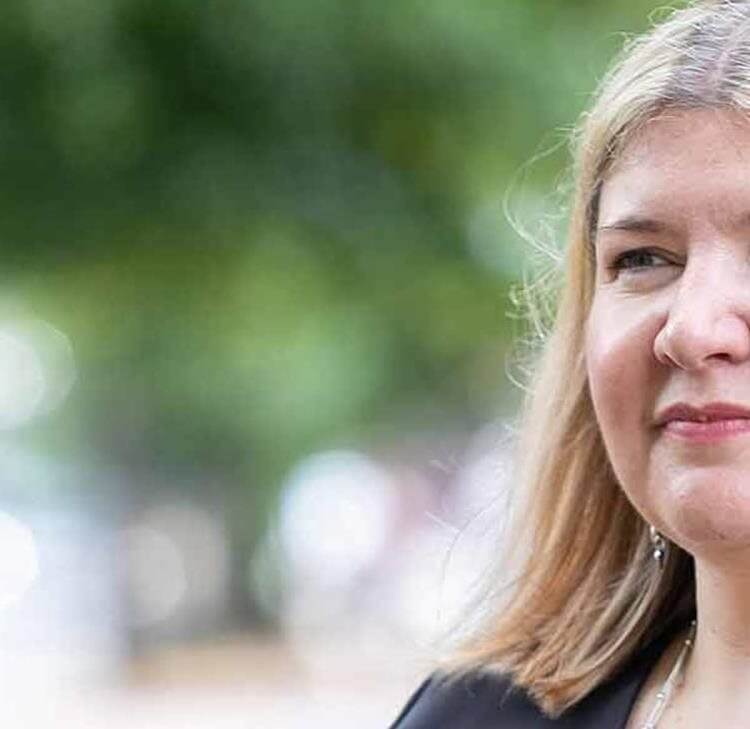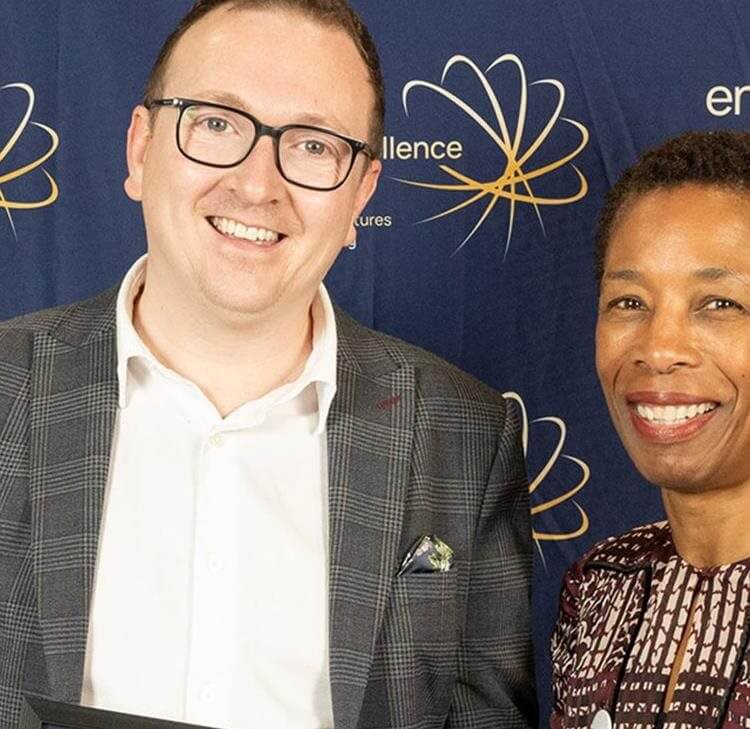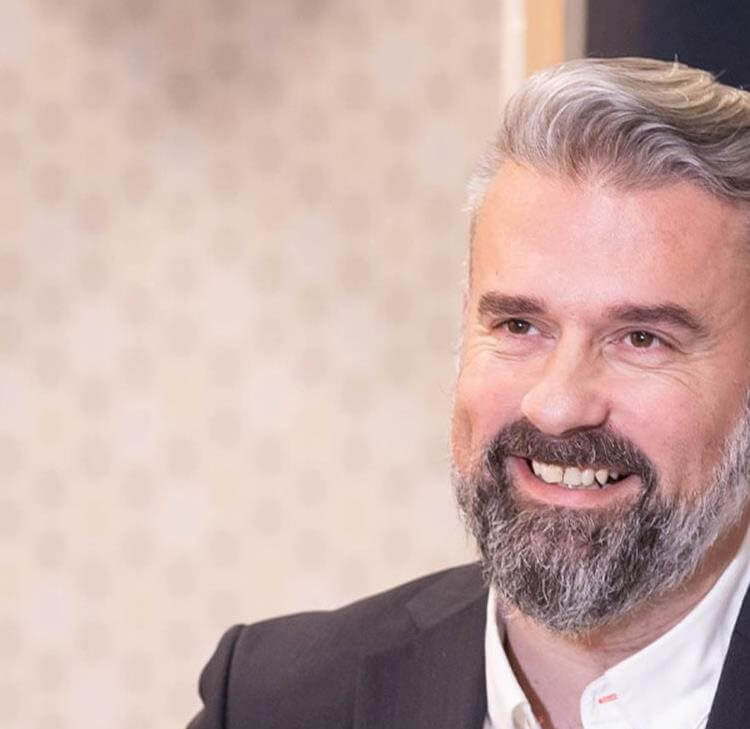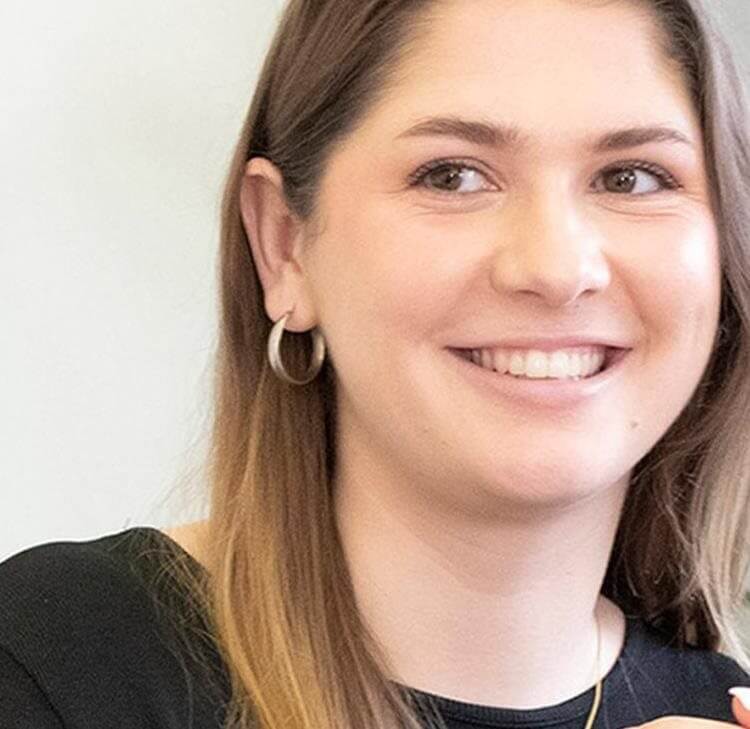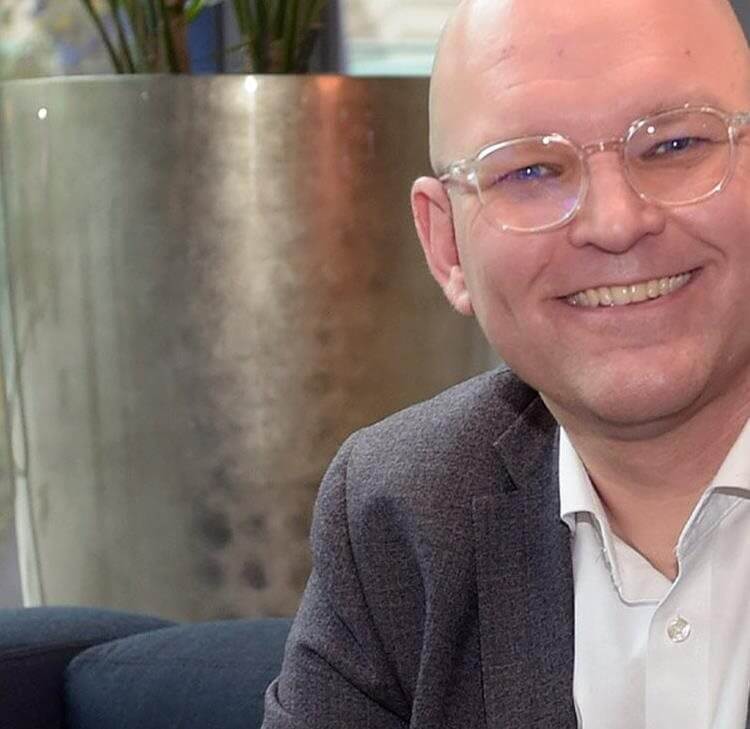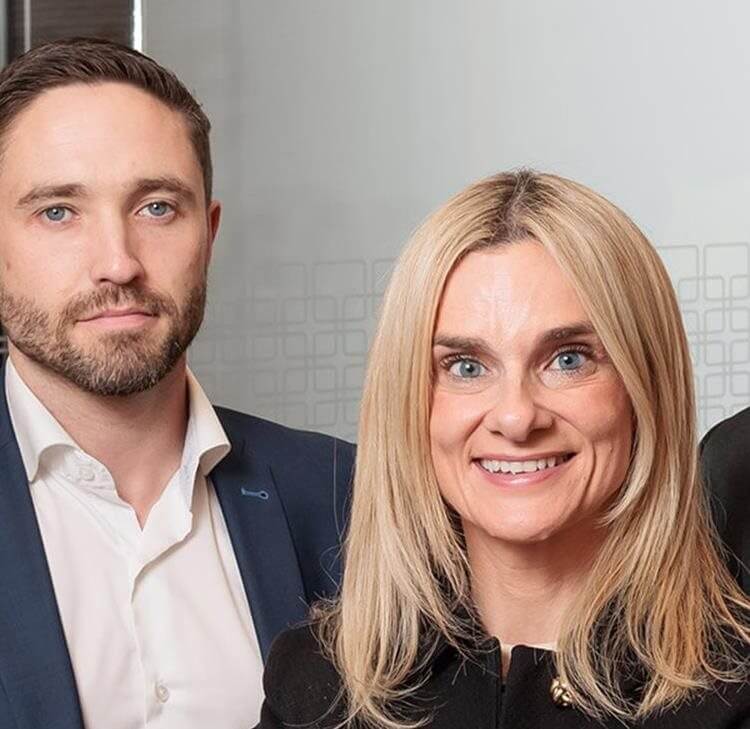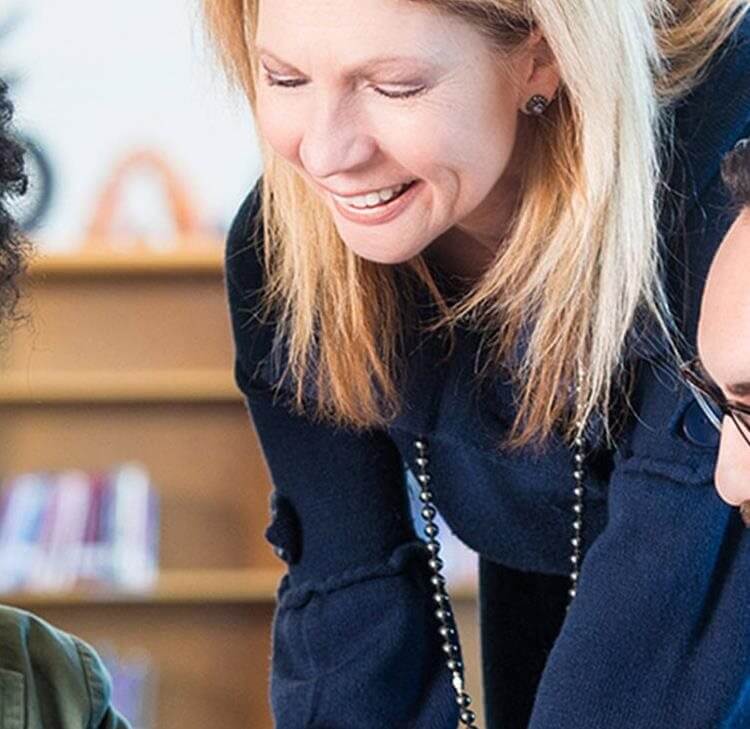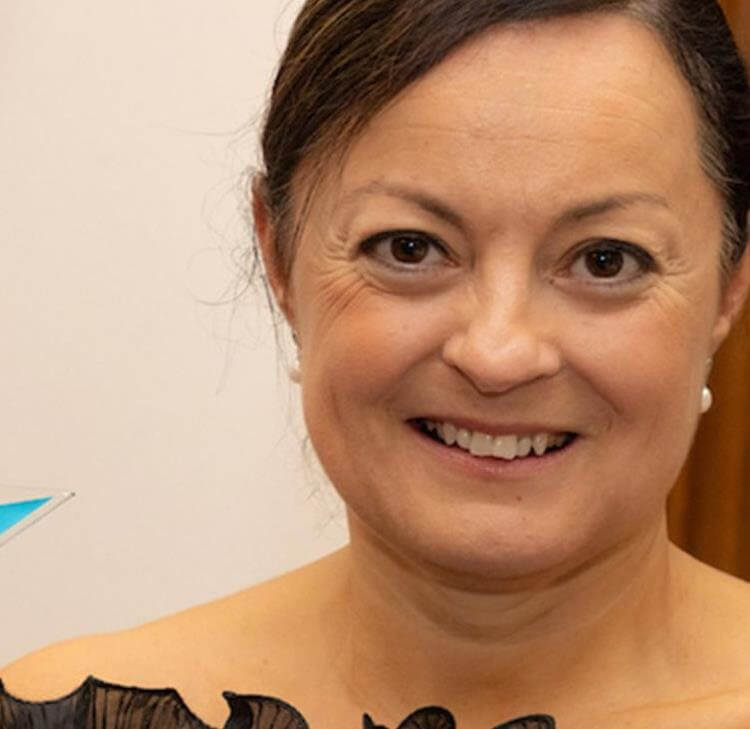We sat down with Natasha Leo, a future lawyer currently sitting in Browne Jacobson’s clinical negligence defence team, to talk about her experience since joining the firm in September 2022 and making the switch from Clinical Scientist to lawyer.
Before joining Browne Jacobson and training as a lawyer, Natasha worked as a Clinical Scientist specialising in genetics. Working for the NHS in a lab, Natasha focused on diagnostics, analysing DNA and data – a departure from the traditional route into law of many trainees! “In my NHS role, I had a hand in a lot of the legislative side of things, and this set me on the path I’ve taken to the legal profession,” Natasha explains.
“I wanted to work with a firm that actively looks for ways to make positive change in society and Browne Jacobson is evidently trying to achieve this with the clients it works with and the community engagements it gets involved in.”
Natasha was responsible for compliance matters in the lab, which helped to spark an interest in working in the law: “tasks like making sure the processes in the lab and the department conformed to healthcare guidelines and dealing with questions of confidentiality and consent to testing, particularly relating to the DNA and Human Tissue Act, drove my interest in the law and particularly medical ethics.”
After several years working in the NHS in the north-west, Natasha was motivated to find ways to contribute to improving the healthcare system. “One of my main aims in becoming a lawyer is to empower myself, and gain the skills, knowledge, ability and authority to support healthcare providers in implementing improvement projects and streamlining practices to create more consistency nationally between NHS trusts. Already in my time as a trainee I’ve seen ways in which this can be achieved with the help of the legal profession,” she comments.
This desire is what brought Natasha to Browne Jacobson, due to its reputation as a leading healthcare legal provider and its work with NHS Resolution and NHS trusts around the country. “I was previously aware of a Browne Jacobson-led initiative called Shared Insights, which brought representatives from different trusts together to share ideas for improving the healthcare system. I’ve been fortunate as a trainee to attend these sessions and see the positive impact.”
Encouraging the sharing of learnings, insights, and ideas for how things can be improved across the NHS is vital and it was exciting to see the role Browne Jacobson plays in encouraging and enabling this knowledge transfer. “This made me realise that this is a firm that really understands what society needs.”
On starting her training in September, Natasha expressed a preference for a seat within the healthcare team, which was granted as her first seat rotation. Natasha has now been training at Browne Jacobson for four and a half months.
Her work with the clinical negligence defence team is very litigation-heavy, driven by case protocol and timelines. She is working on tasks including instructing counsel to draft defences for clients, identifying medical experts and writing letters of instruction to them, and drafting court applications. “I’m really enjoying the constant contact with clients and insurers and I’m very excited about the possibilities of working with NHS trusts.” She is also hoping to work in areas like real estate and commercial law during her training. “As a geneticist, I’m an advocate for implementing biotech engineering and its advances, and in future I would be very interested to work with the firm’s Commercial Health team, bringing to market new biotech products and health tech applications.”
The legal sector has a reputation for being a demanding environment to work in, but after her time working in the NHS, Natasha has been struck by some contrasts. “The NHS is not the easiest place to work – there are challenges with teams being incredibly overworked, especially so in the aftermath of the pandemic, and motivation levels can be very low,” she explains. “At Browne Jacobson, the work environment is very positive and collaborative and there is a lot of support from the whole team, especially for new starters.” There is a very active social programme for trainees, as well as away-days for all teams which allow colleagues to connect with each other outside of the office. “We are all committed to working for the firm because we know the firm is committed to supporting us.”
As Natasha learned more about the firm during the application process, she was particularly inspired by its values and commitment to diversity and inclusion initiatives. “I started my application around the time of the Black Lives Matter movement. A lot of firms were re-evaluating their diversity and inclusion statements but what I wanted to see was real action, and it was clear that Browne Jacobson truly wanted to address these issues of diversity and inclusion with their client base, employees and in the wider community,” she said. “I wanted to work with a firm that actively looks for ways to make positive changes in society and Browne Jacobson is evidently trying to achieve this with the clients it works with and the community engagements it gets involved in.”
Reflecting on making the jump from working in science and healthcare to the law, Natasha would encourage others to follow in her footsteps. “Do your research and remember that the breadth of experience and knowledge you bring from previous employers can be an asset for a career in law,” she advises. "Browne Jacobson really recognised the advantages of my scientific background for its work with clients when they chose to hire me and has really supported me in making the transition.”
Recent changes to the legal qualification route and the introduction of SQE are designed to encourage greater numbers of law firm trainees from diverse professional backgrounds. “If you are not an applicant with a traditional law school background do not let this be a barrier – embrace it!” encourages Natasha.
Key contact
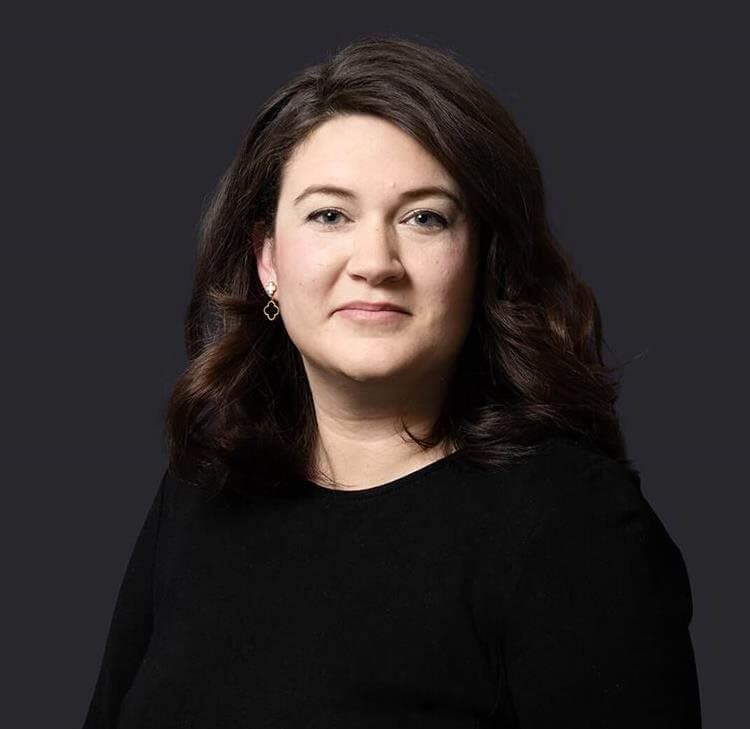
Kara Shadbolt
Senior PR & Communication Manager
kara.shadbolt@brownejacobson.com
+44 (0)330 045 1111

